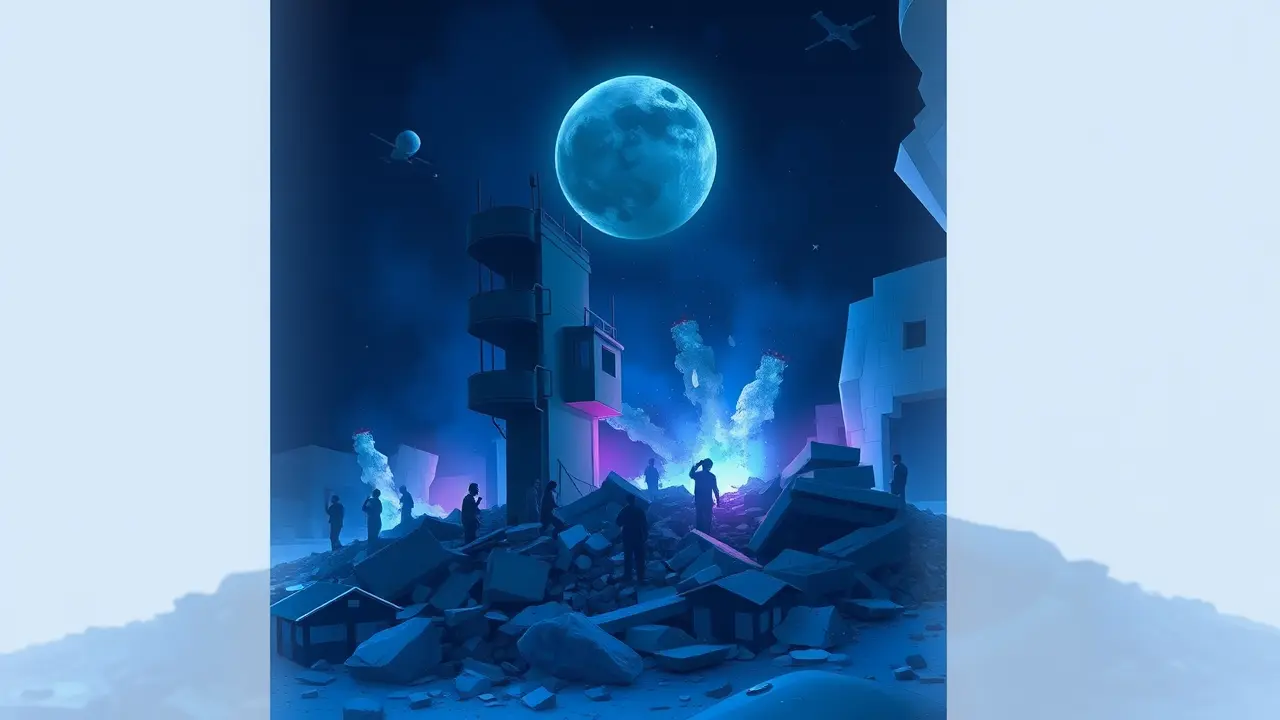Palestinians in Gaza welcome ceasefire but face grief.
The news of a ceasefire, transmitted through the fractured networks of mobile phones and word-of-mouth in Gaza, did not arrive with the unadulterated joy one might naively expect from the outside. Instead, it landed with the heavy, complex weight of a collective exhale held for months, a moment where the terrifying, constant soundtrack of drones and explosions was replaced by an eerie, tentative silence that was almost as loud.In the shattered streets of Rafah and the ruins of Gaza City, people emerged from the rubble that was once their homes, not in wild celebration, but with a slow, dazed trepidation. There were embraces, yes, and tears, but these were not solely tears of relief; they were the first, raw tears of a grief that had been forcibly postponed.For the duration of this brutal conflict, survival was the only permissible emotion—a primal, all-consuming focus on finding the next piece of bread, the next sip of water, the next safe corner to huddle in with one's children. The immense, soul-crushing pain of losing a parent, a child, a spouse, an entire lineage wiped out with the collapse of a building, had to be compartmentalized, locked away in a mental vault because to feel it fully in the midst of the onslaught would have been to surrender to a madness from which there was no return.Now, with the guns falling silent, the locks on that vault are beginning to rust and break. The ceasefire does not signal a return to normalcy, for normalcy is a memory as distant as the intact skyline.It signals the start of a new, equally harrowing phase: the confrontation with an ocean of loss. Parents who spent weeks telling their children fantastical stories to explain the thunder outside must now find the words to explain that their brother, their aunt, their best friend, is never coming home.The scale of this psychological reckoning is almost incomprehensible, a public health crisis of trauma unfolding in real-time without the infrastructure—hospitals, clinics, therapists—to even begin to address it. This is the grim paradox of this moment: the peace they prayed for now demands that they finally feel the war in its entirety. The temporary respite from violence is merely the prelude to the long, internal battle with ghosts, where every silent moment is filled with the echoes of what and who has been lost, and the daunting, seemingly impossible task of rebuilding not just concrete and rebar, but the very fabric of a society from the ashes of its profound sorrow.
It’s quiet here...Start the conversation by leaving the first comment.
© 2025 Outpoll Service LTD. All rights reserved.
